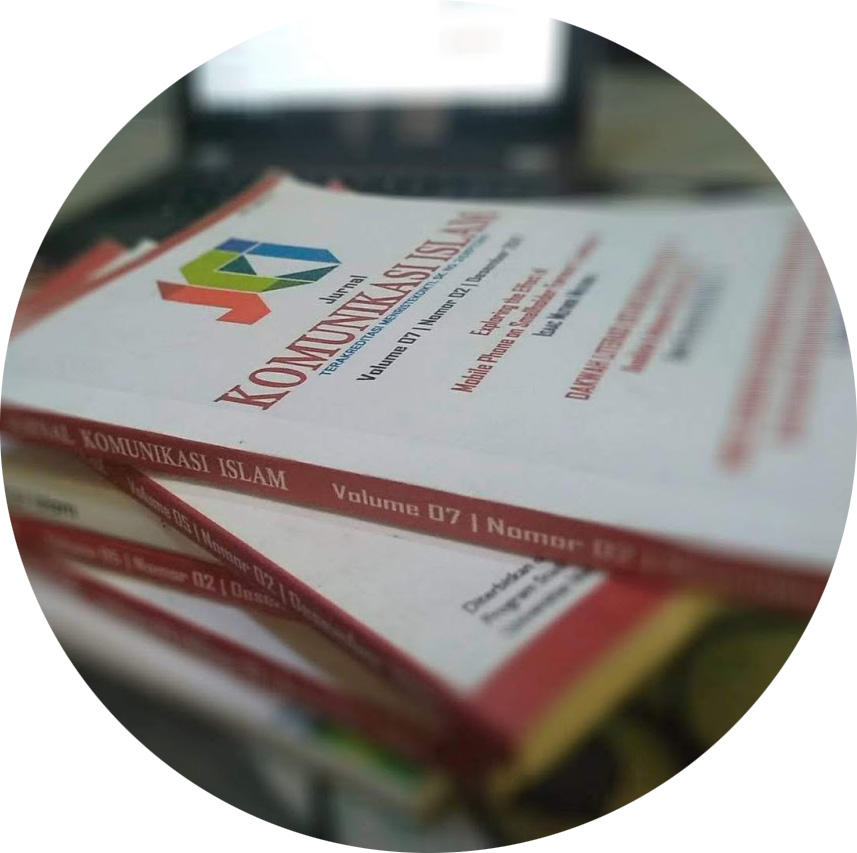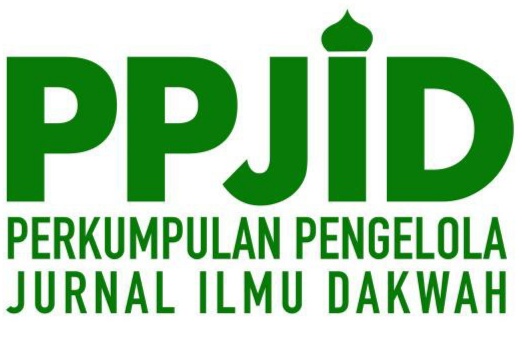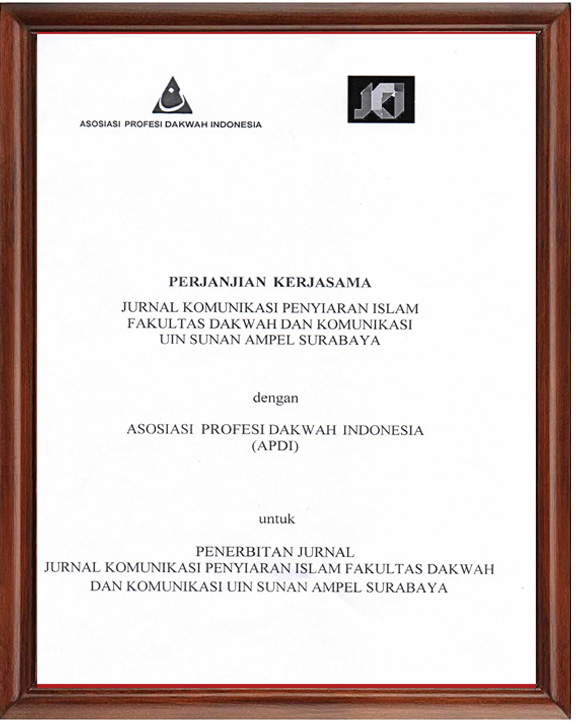Indonesian Muslims’ Cognitive Pattern on Social Media During Political Disagreements
DOI:
https://doi.org/10.15642/jki.2018.8.1.1-18Keywords:
Indonesian Muslim, political disagreements, cognitive pattern, social mediaAbstract
The 2017 Jakarta governor election had encouraged polarization among Muslims, including among media social users: those who agreed and those who disagreed with voting for Basuki Ahok Tjahaja Purnama since he was prosecuted for allegedly committing blasphemy. This study has examined the cognitive pattern amongst disputants: whether cognitive pattern and religiosity contribute to political disagreements or not. Participants were Indonesia’s Muslim social media users (N=300). Using multiple regression analysis, the findings have demonstrated that analytical thinking produces higher disagreement than holistic thinking. In addition, higher level of religiosity produces higher disagreement.Downloads
Download data is not yet available.
Downloads
Published
2018-10-01
How to Cite
Latifa, R., Shaleh, A. R., & Nyhof, M. (2018). Indonesian Muslims’ Cognitive Pattern on Social Media During Political Disagreements. Jurnal Komunikasi Islam, 8(1), 1–18. https://doi.org/10.15642/jki.2018.8.1.1-18
Issue
Section
Articles
License
Copyright (c) 2018 Rena Latifa, Abdul Rahman Shaleh, Melanie Nyhof

This work is licensed under a Creative Commons Attribution-NonCommercial-ShareAlike 4.0 International License.













